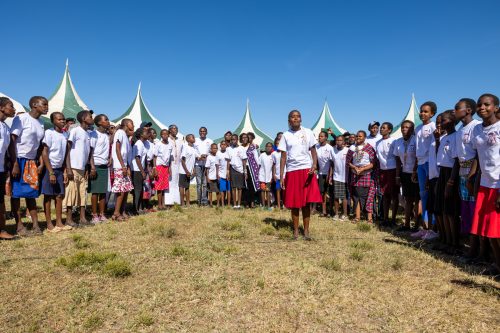
One afternoon this past April, 73 girls from Narok County and their families stood together to celebrate their coming of age as women. They had just finished a five-day mentorship programme focusing on life skills, education and sexual health. More than this, it marked the start of a new rite of passage.
For years, female genital mutilation (FGM) formed part of the ceremony used to usher girls into womanhood. Although it is illegal in Kenya, female circumcision continues and is even prevalent in certain regions. Recognising this practice needed to change, the Maa Trust, sponsored by the Angama Foundation, created the Child Rights Programme to teach young people about their rights. In particular, they address a variety of ongoing issues girls face including early marriage and child labour — and the subsequent lack of basic education — in addition to the consequences of FGM.
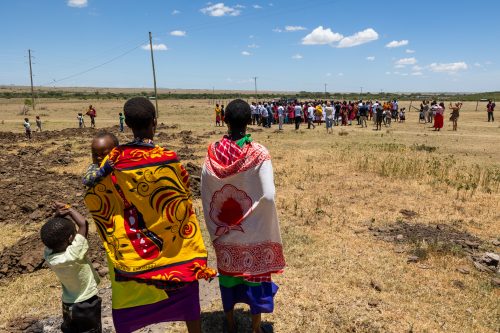
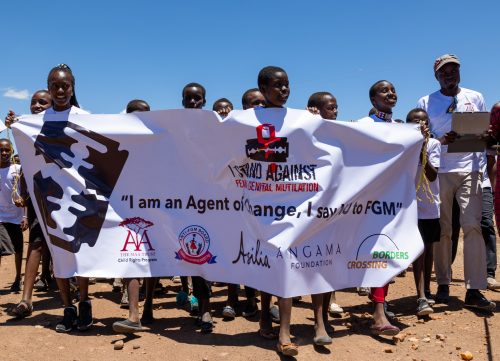
The programme engages with and trains a wide range of community stakeholders including community leaders and chiefs, pastors, those who perform FGM, parents, youth and of course, the children themselves. There are now Child Rights Clubs in 10 schools reaching over 6,000 pupils to date, dedicated to the promotion of children’s rights. Through the clubs, they aim to build self-esteem and confidence, providing young learners with communication and problem-solving skills and leadership experience. This enables them to become advocates for themselves and their fellow peers, including those facing FGM.
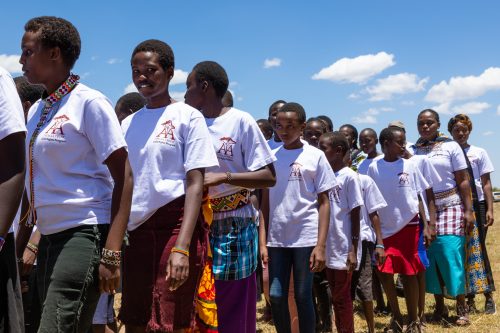
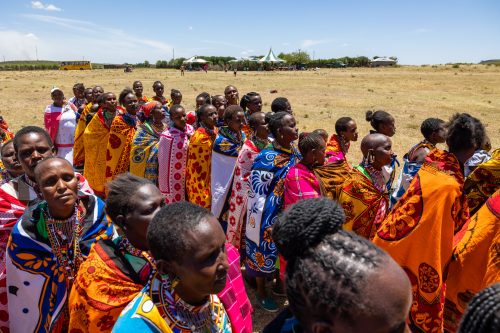
The culmination of two years of community engagement could be seen that afternoon in April, when the Maasai Mara's first Community Led Alternative Rites of Passage (CLARP) ceremony was held. At the end of the one-week residential mentorship camp, the 73 girls celebrated their rights and their ability to become a Maasai woman in ways that do not include physical harm.
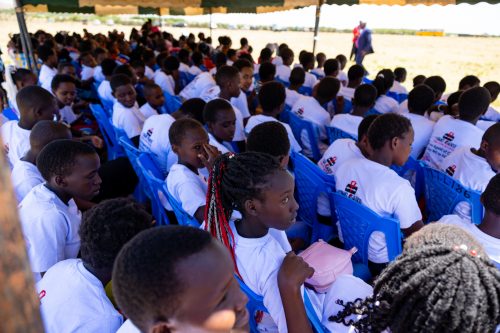
There was a large celebration in Ilbaan village attended by over 700 community members. During the traditional cultural ceremony, the girls were blessed by the elders to mark their transition from being girls to women. At one point, the girls had the opportunity to speak for themselves — boldly and clearly — affirming their right to celebrate their initiation to womanhood with respect to culture and traditions but without harm. At the end of the day, all parents present stepped forwards to make a pledge to no longer circumcise any girls in their families.
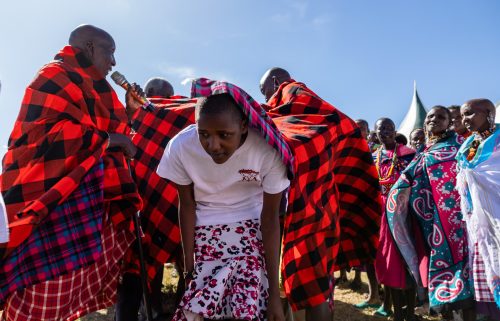
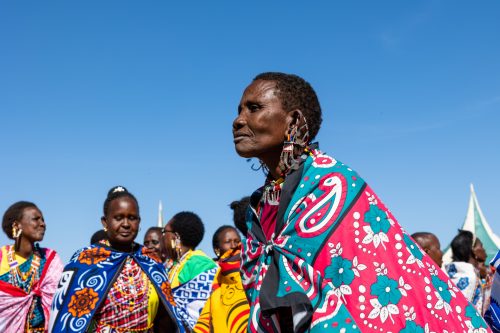
We have great hopes for this programme, aiming for a 50% reduction in FGM over the next three years — which means more girls attending secondary school and completing their education. Ultimately, we want to see the Maasai community as a whole embrace this change in social norms in a way that allows for the future health, well-being and education of our young women.
For more information or to get involved, please visit the Maa Trust.
Filed under: Giving Back
Subscribe for Weekly Stories
Comments (2):
14 September 2022
I so want to learn more about this world of Angama.
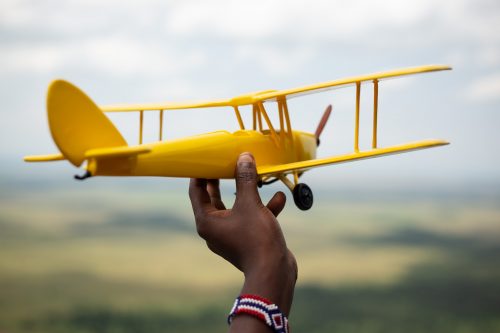
Out of Africa